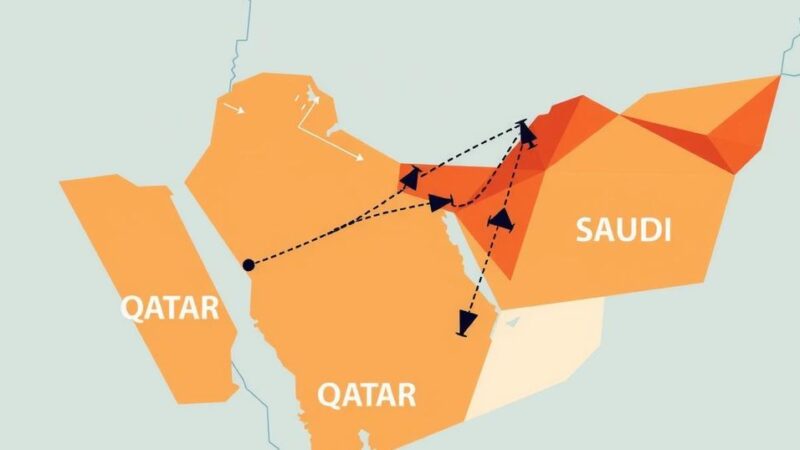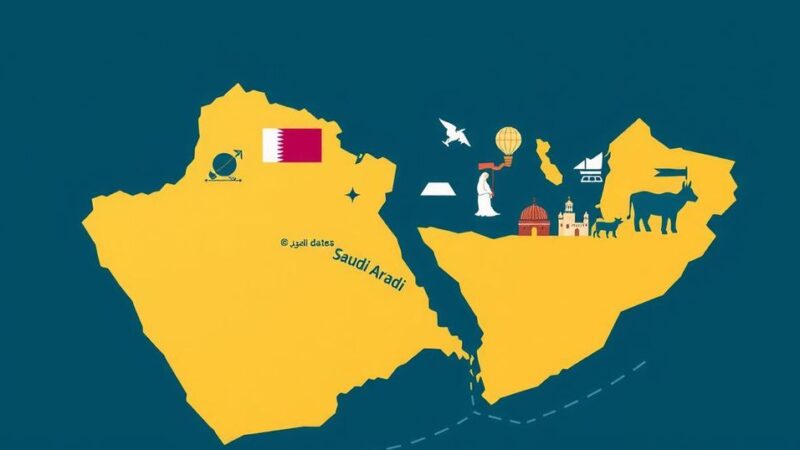During a press conference on March 19, 2025, Chinese Foreign Ministry Spokesperson Mao Ning addressed various issues, including U.S. sanctions on Cuba’s medical missions, the Ukraine crisis, Japan’s historical responsibilities concerning Taiwan, and cooperative efforts with Kiribati. The emphasis was on dialogue, historical reflection, and improvement of international relations.
On March 19, 2025, during a regular press conference, Foreign Ministry Spokesperson Mao Ning addressed significant issues regarding U.S. visa restrictions impacting Cuba’s medical missions. The U.S. has labeled these missions as “forced labor” and threatened further restrictions against Cuban officials. Mao highlighted Cuba‘s historic contributions, having sent over 600,000 medical personnel worldwide, which have been beneficial to many Caribbean nations.
Mao condemned the U.S. narrative of “forced labor” as a tactic to exert control over other nations. She noted that U.S. measures against Cuba reflect a prolonged history of sanctions and blockades and urged the U.S. to cease all forms of coercive diplomacy to foster better relations with Cuba and the wider Caribbean region.
Regarding the recent dialogue between Russian President Vladimir Putin and U.S. President Donald Trump about normalizing relations and the Ukraine crisis, Mao reiterated China’s stance that dialogue is essential for resolution. She encouraged all efforts towards a ceasefire and emphasized negotiations to achieve lasting peace.
In response to queries about Chinese companies engaging in petroleum exploration in Russia-occupied territories of Ukraine, Mao maintained that China’s position on the Ukraine issue is consistent and clarified that the principles stated by President Xi Jinping guide China’s approach.
Mao also addressed concerns over Japanese Prime Minister Shigeru Ishiba’s announcements about countering China’s actions in the Taiwan Strait. She confirmed that Foreign Minister Wang Yi’s upcoming visit to Japan was meant to facilitate dialogues to mend relations. She reiterated that the Taiwan issue is an internal matter for China and urged Japan to exercise caution regarding its historical responsibilities.
On the topic of deep-sea mining partnerships, Mao confirmed ongoing discussions between Kiribati and China, emphasizing cooperation under international law and mutual benefits. Regarding the visit by Thai government ministers to meet deported Uyghurs in Xinjiang, Mao referred reporters to relevant authorities for specific details, reaffirming that China’s actions comply with both national and international law.
Lastly, noting the 80th anniversary of victory in the war against Japanese aggression, Mao outlined that Japan must acknowledge its historical actions and foster peaceful development to gain trust among its neighbors. She expressed hope for constructive cooperation to solidify China-Japan relations moving forward.
The recent press conference led by Foreign Ministry Spokesperson Mao Ning highlighted China’s firm positions on various international issues, particularly regarding U.S. policies towards Cuba, the Ukraine crisis, and Japan’s historical actions. Mao’s statements underscored China’s advocacy for dialogue, respect for historical context, constructive international relations, and adherence to mutual cooperation principles. Moving forward, China urges for better cooperation and resolutions that foster regional stability and diplomatic progress.
Original Source: za.china-embassy.gov.cn






